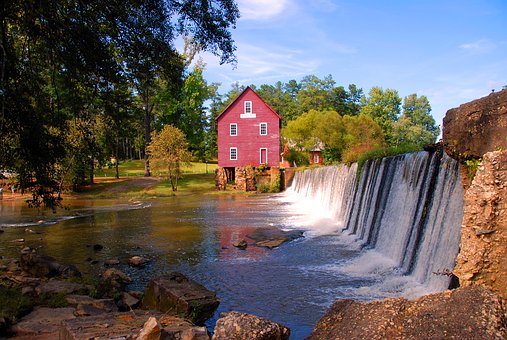It seems that the Flint water problems are not yet over, as the Flint Water Treatment Plant will not be ready to treat raw water from the new Karegnondi Water Authority pipeline by 1 October. This means that not just the population of Flint, but the entire Genesee County may have to continue using Detroit water much longer than planned.
The future source of Flint’s drinking water is a complex situation, especially as officials now state that Flint will not be able to treat raw KWA water by the previously proposed date, and that Genesee County will not be able to supply Flint with treated KWA water by that date either, as the new water treatment plant was not designed to serve the nearly 100,000 population of Flint.
The only other practical option for Flint would have been to use the 9-mile stretch of pipeline which it sold to Genesee County when it was under state receivership and strapped for cash; unfortunately this is not possible as that pipeline is needed to serve other Genesee County communities with treated KWA water.
Flint’s original plan was to use the Flint River for drinking water from April 1, 2014 and continue treating Flint River water at the Flint Water Treatment Plant until KWA was ready to supply Flint with raw Lake Huron water for treatment. Unfortunately the switch to the Flint River and the DEQ’s failure to require corrosion-control chemicals as part of the treatment process led to the unprecedented public health catastrophe in which residents were exposed to toxins from lead leeched into the drinking water.
Flint was supposed to leave the Detroit water system on Oct. 1, 2017 to start receiving raw KWA water and treat that water at the Flint Water Treatment Plant, but this plan has been dashed via an engineering report from Boston-based CDM Smith. According to this report, due to the $108 million in plant improvements required, the project will not be completed before late 2019.
Get bottled water coolers and plumbed water coolers from Living-Water.






